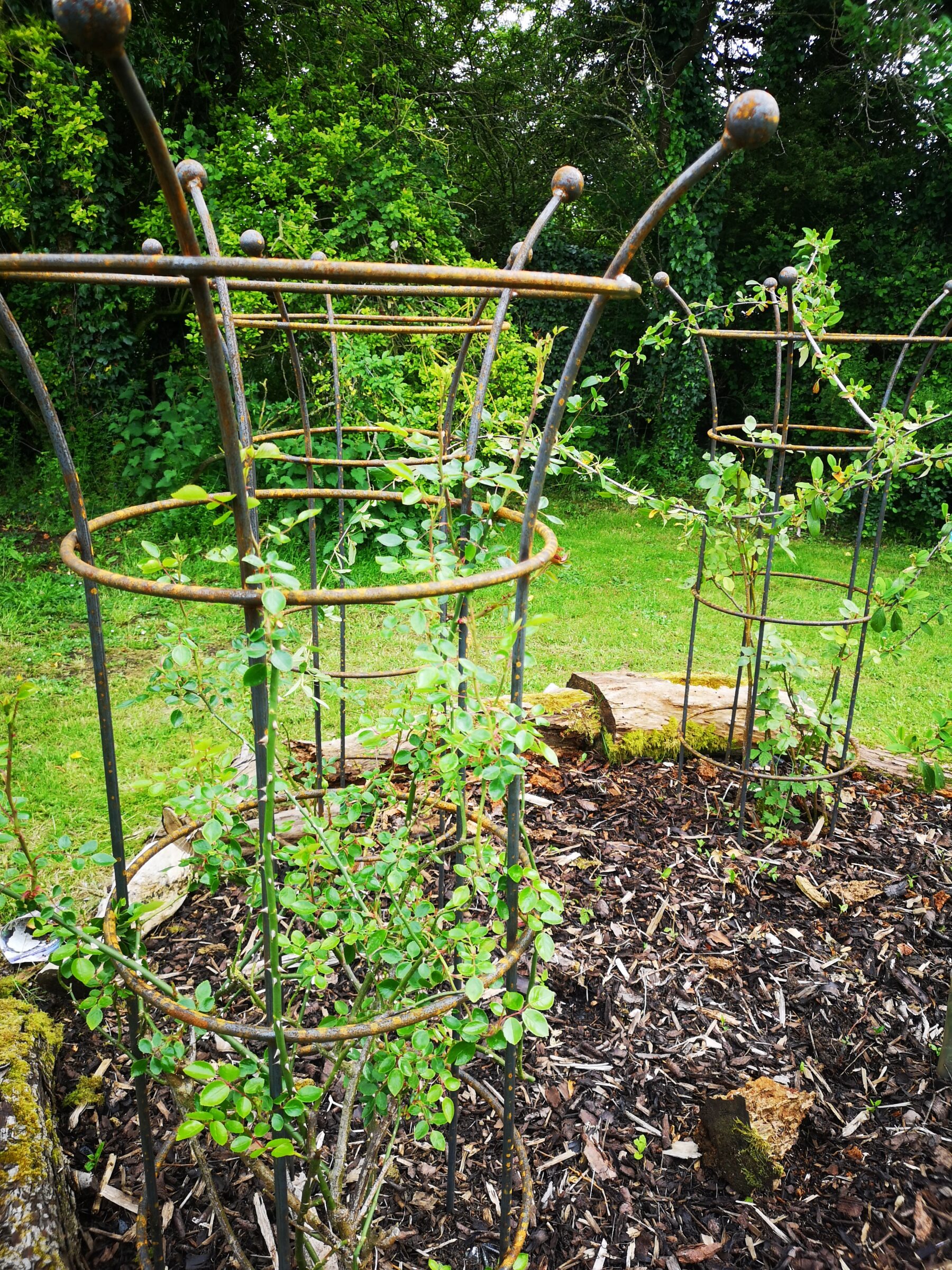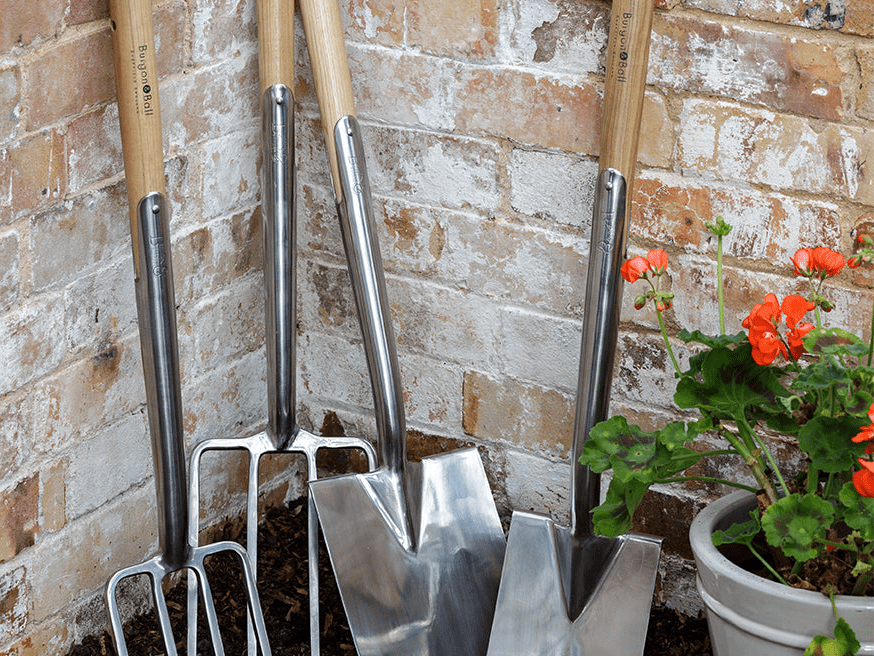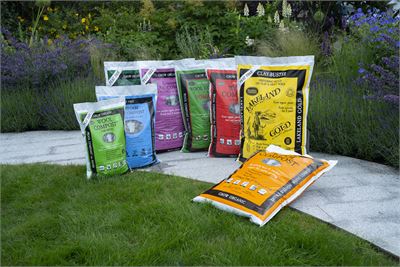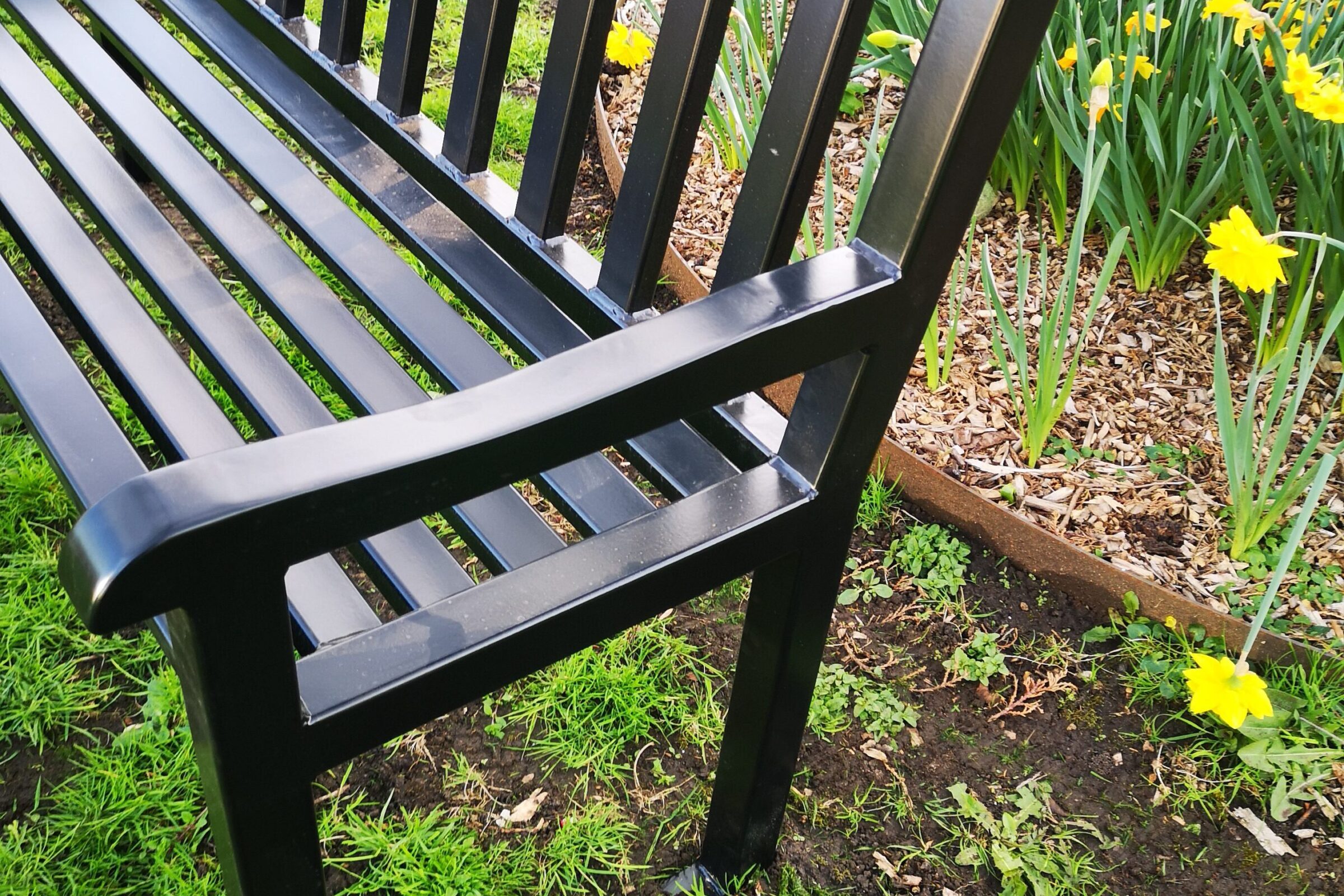Gardening has always been a cherished pastime in the UK, with its lush landscapes and picturesque countryside. However, we all need to play our part in sustainability, and what better way than with the use of eco-friendly garden tools and furniture products? This article will explore some sustainable gardening options, including using preloved items and investing in long-lasting products such as metal garden tools and furniture.
Sustainable gardening tools
As environmental consciousness grows, we have no excuse but to consider our purchases wisely. One of the first areas to consider is the choice of tools and equipment. Opting for preloved, good-quality products is probably the best thing to significantly reduce our environmental impact. Alternatively, investing in high-quality tools that are built to last ensures longevity and minimises the need for frequent replacements.
Brands such as Bulldog Tools and Burgon & Ball offer durable gardening tools made in the UK, made with craftsmanship and sustainability in mind and endorsed by the Royal Horticultural Society.
Organic fertilisers and pest control
Made from recycled or biodegradable materials, organic fertilisers are a crucial component of sustainable gardening practices. They provide essential nutrients to plants while avoiding the harmful environmental consequences associated with chemical fertilisers. In the UK, companies like Dalefoot Composts produce organic, peat-free composts from renewable resources, such as bracken and sheep’s wool. These composts enrich the soil, provide natural water retention and reduce waste by using natural by-products. Earthcycle.co.uk is another company that produces peat-free organic compost and uses cow manure, spent mushroom and fine composted bark.
Similarly, adopting natural pest control methods reduces the reliance on harmful chemicals. Encouraging beneficial insects, such as ladybirds and lacewings, can help control pests naturally. Companion planting is another effective and eco-friendly approach, where certain plants are grown together to repel pests or attract beneficial insects. For example, planting marigolds alongside vegetable crops helps deter aphids. Slugs can be a real pain for the gardener. Instead of opting for slug pellets, which can cause harm to beneficial wildlife, including hedgehogs, consider using copper piping or the sharp edges of eggshells surrounding your plants to keep the slugs away. Other methods are plastic bottles and straw around the base of plants.
Remember, you’re not trying to eradicate the pest but protect your plants and crops from the most severe damage. Our garden favourites see most pests that we try to control – birds, hedgehogs, frogs and toads – as food, so encouraging more diversity within the garden will prove beneficial in the long run.
Water conservation
Water conservation is a significant concern, particularly in areas like The Cotswolds, where water scarcity can be an issue. But there are plenty of good water-saving ideas to incorporate into the garden. Rainwater harvesting systems, such as water butts connected to guttering, collect rainwater for later use in watering plants. But you don’t have to go out and buy a new plastic water butt; a good option that reduces your environmental impact is repurposing large containers or opting for galvanised metal products such as water troughs or tubs.
Gardeners can minimise water waste and maintain a sustainable garden by implementing water-saving techniques. By using drought-tolerant plants – catmint, lavender and sedum – for example, which can thrive in dry conditions, you are reducing the need for excessive watering. Ground cover is also good for retaining moisture in the soil, which doesn’t dry out so quickly if the direct sun doesn’t hit it.
Long lasting and high-quality garden products
In the UK, where the love for outdoor gatherings is deeply ingrained, investing in metal garden furniture and accessories can bring sustainability and style to garden spaces. Fire pits, benches, tables, planters, garden arches and plant supports can all be made from durable materials like stainless steel or cast iron, will last for many years and will require minimal maintenance. Also, they look more beautiful with the patina of age.
Consider the alternative – replacing garden furniture every few years with unsustainable plastics. Even wood, which is better than plastic in terms of sustainability, will deteriorate over time and needs to be regularly refurbished to retain its good looks and usefulness. Alternatively, metal benches crafted from materials like powder-coated aluminium or steel offer durability and weather resistance to withstand the UK’s ever-changing climate.
We gardeners have a responsibility to embrace sustainable practices and use eco-friendly products to protect and preserve the environment. By using pre-loved or investing in good quality, long-lasting gardening tools, using natural fertilizers and pest control methods, conserving water, and featuring metal furniture and accessories, we can create beautiful and sustainable garden spaces across the country. Let us all play our part in nurturing the environment and enjoying the natural beauty of the UK, while leaving a positive impact for future generations.




